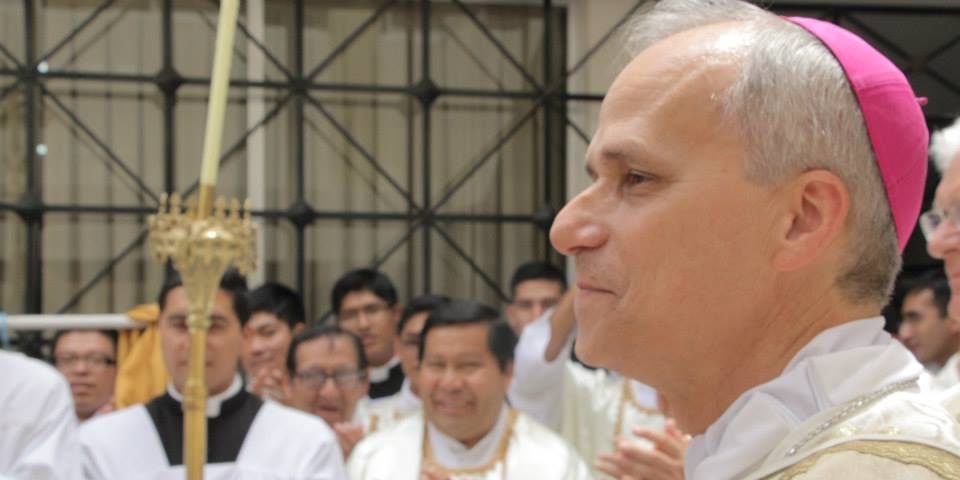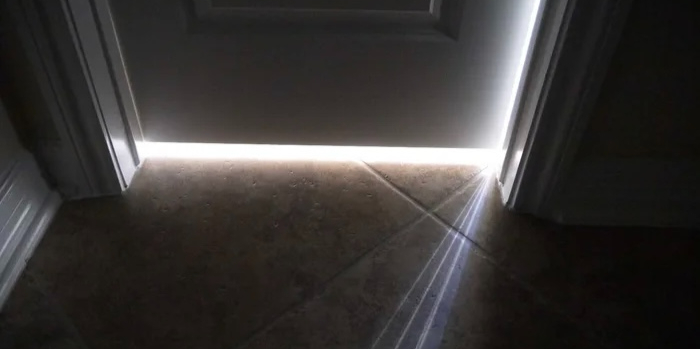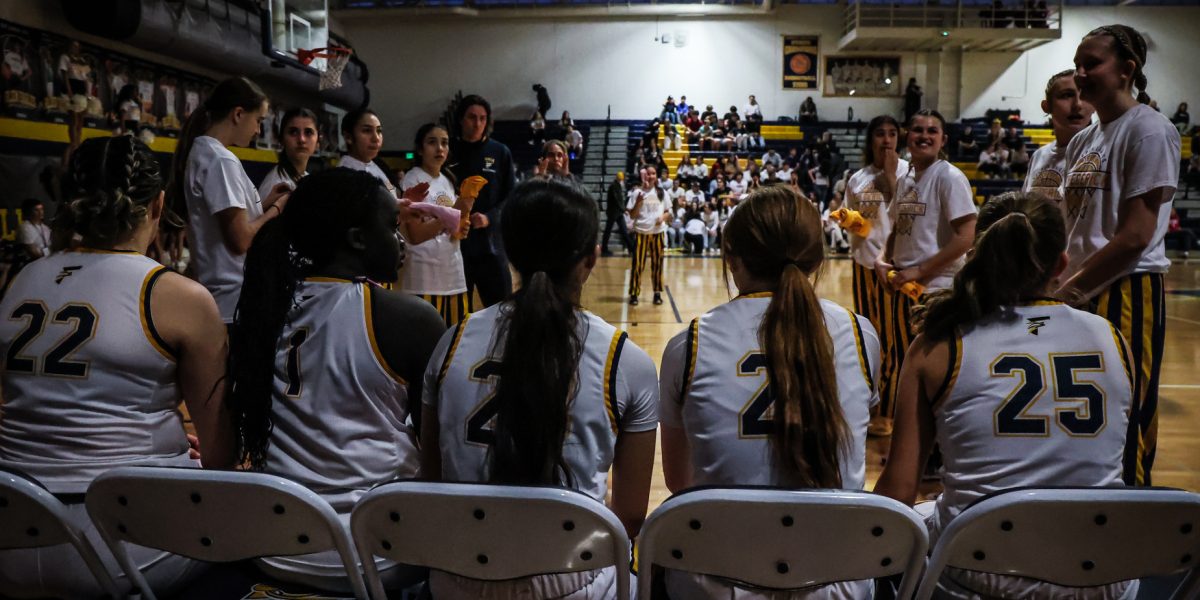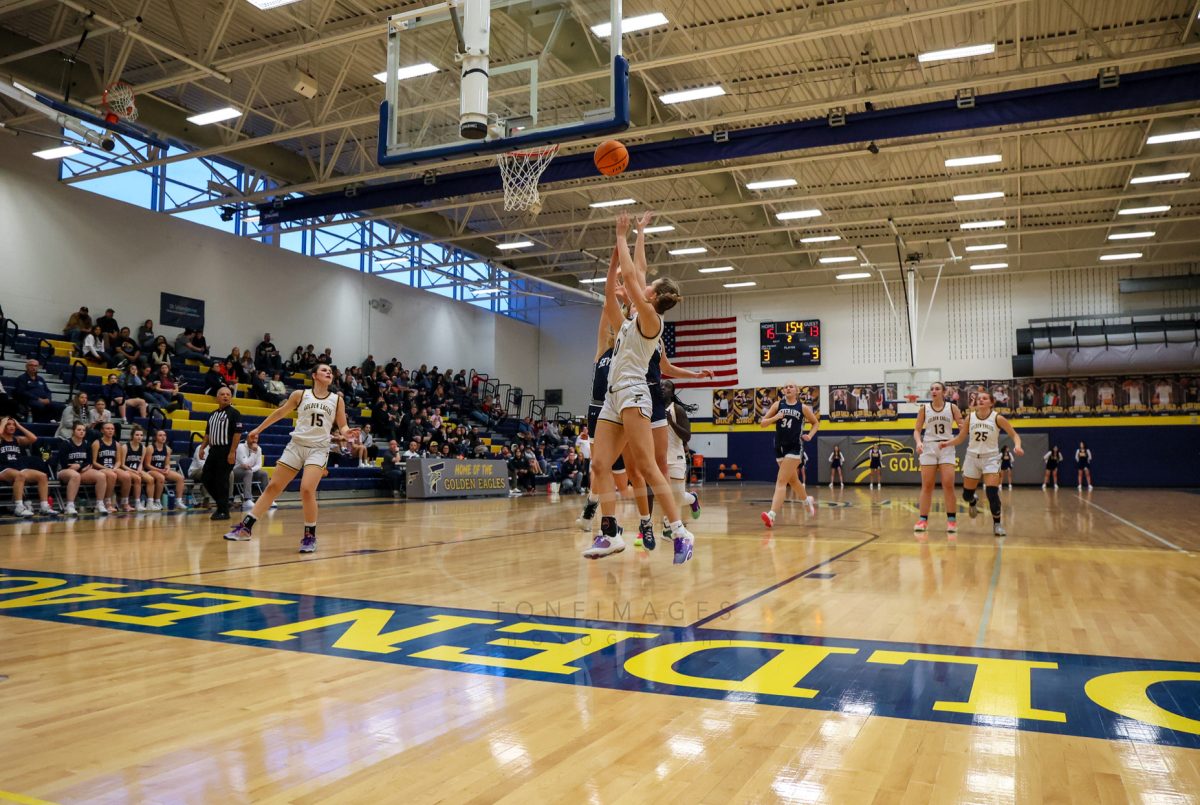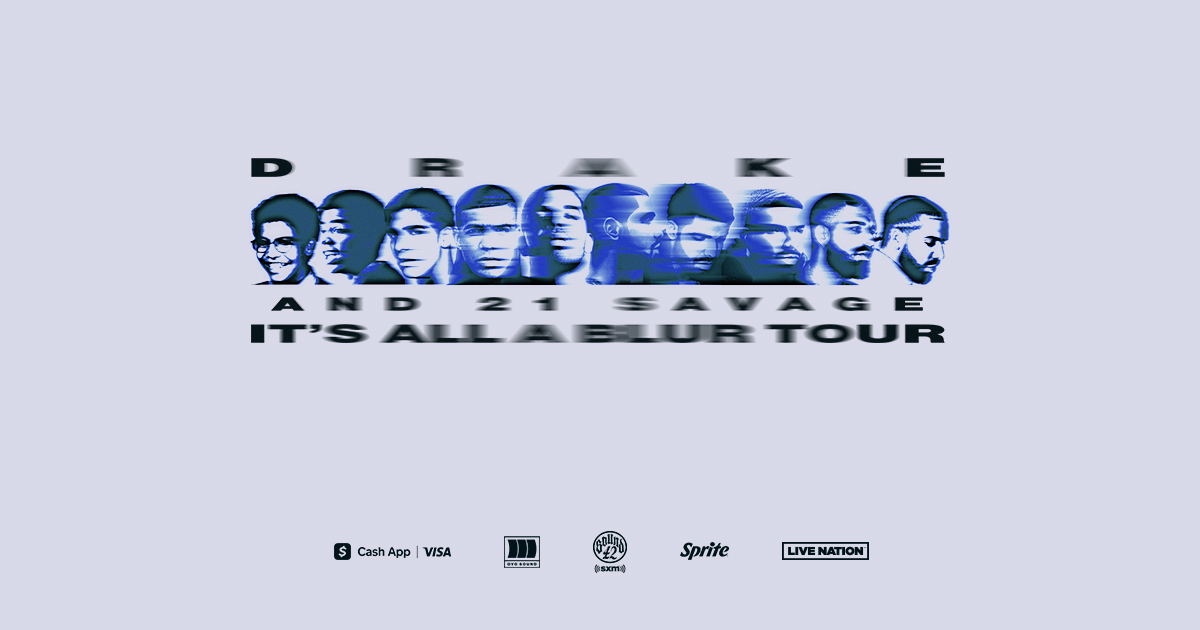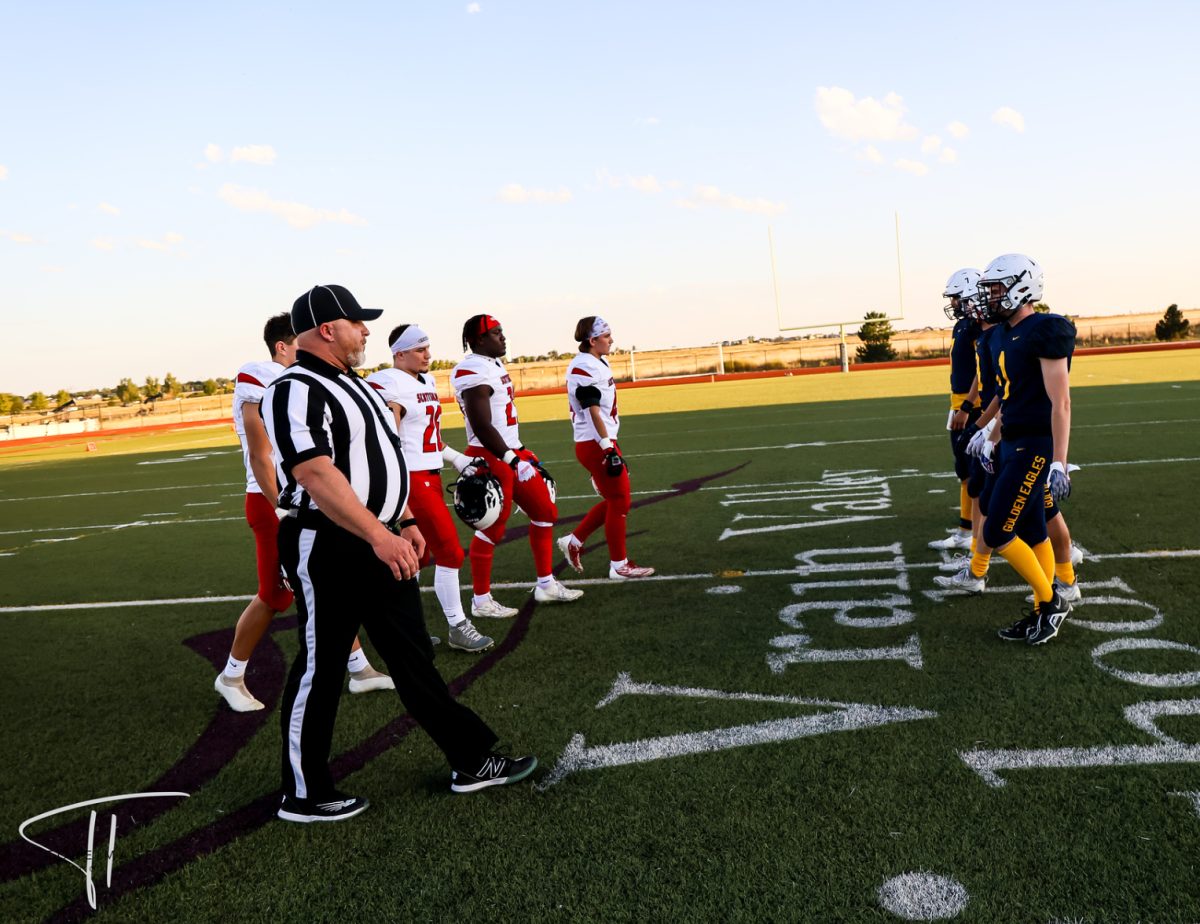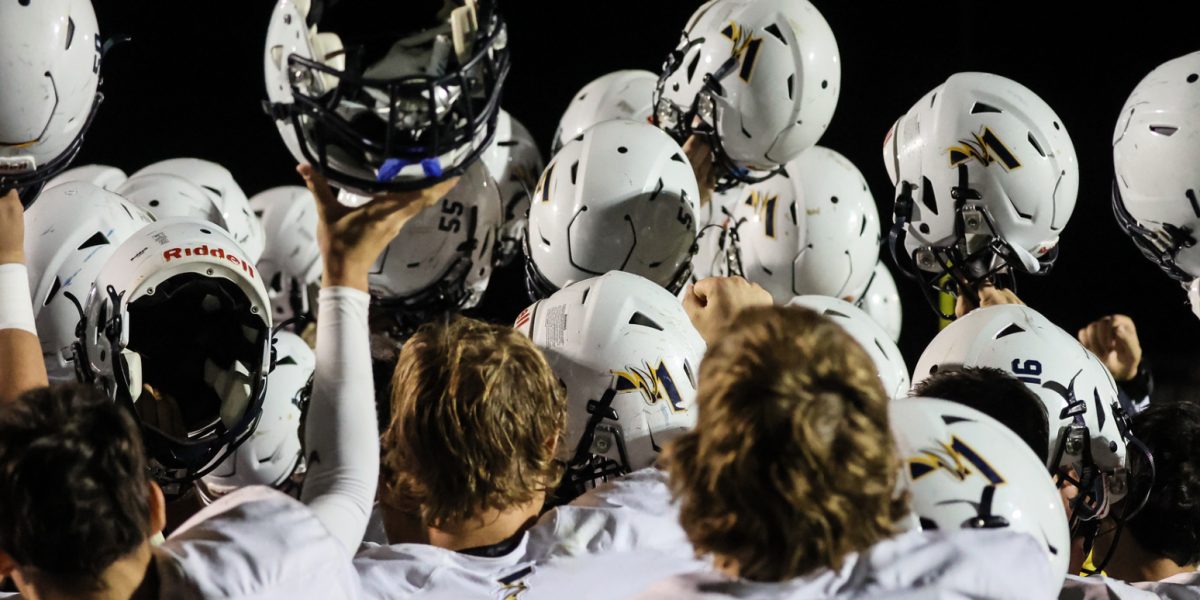Like many rites and rituals, graduation is a cultural touchstone as well as an academic event. For many families, their proudest moments are seeing a child graduate–this is especially true of families where the student is the first generation of the family to make it through school. Some of these families even give the graduate scarves, stoles, and other cultural garments to wear with pride on the day of their commencement as a reminder of where the student comes from and what graduation means to their family.
Despite this, some schools and districts (including St. Vrain Valley) have strict rules on what regalia can and cannot be worn by students during a graduation ceremony. Typically, only school-approved caps and gowns may be worn as well as academic cords approved by school boards. Most of these graduation dress codes have stifled student expression of their cultural or religious identity when accepting their diploma.
Fortunately, this restriction may soon no longer prevent Colorado students from celebrating their heritage at graduation. On March 20, the Colorado General Assembly introduced HB24-1323, a bill that would allow “a preschool, public school, or public college or university student to wear objects of cultural or religious significance as an adornment at a graduation ceremony” with little restriction by schools.
If passed, this bill would significantly protect student speech on what is arguably one of the most important days of their lives. The 33 House cosponsors of the current version of the bill, which will go through a hearing by the House Committee on Education before going up for a vote on April 8, hope the measure will be passed into law by June so it can be in place for the Class of 2025.
Cultures protected by this bill would include any group based on “disability, race, ethnicity, creed, color, sex, sexual orientation, gender identity, gender expression, family composition, religion, age, national origin, or ancestry.” Some examples of the cultural and religious regalia the bill would protect are feather and beadwork adornments worn by Native American grads, serape stoles worn by grads whose families immigrated from Central America, cross and star of David necklaces for Christian and Jewish students, flowered leis for students with Pacific Island heritage, and kente tribal stoles for students with African tribal heritage.
The way the bill is currently written may also protect other student expressions of speech, as the bill prohibits schools from telling students that they cannot wear something to graduation unless the adornment is “likely to cause substantial disruption of, or material interference with, a graduation ceremony.” Furthermore, any rule a school makes must be “the least restrictive means necessary to accomplish a specifically identified important government interest.”
This provision means that, in addition to cultural adornments, students would not be restricted from decorating caps, displaying cocurricular academic cords, or wearing sunglasses on graduation day unless the school can prove a “government interest” in banning them. As established in the Supreme Court case of Tinker v. Des Moines, the burden of proof would be on the school to prove the item was disruptive, meaning that the law gives more protection to the students than the school. That being said, the bill can still be amended to prevent the decoration of caps.
Of course, the normal school restraints on free speech would still apply under this proposed law: students couldn’t use their regalia to display obscene words, violent or sexual content, gang affiliation, drugs or alcohol, or hate speech. The bill also allows schools to require certain items like a cap and gown be worn, and that the cultural adornments that are allowed must be “something attached to, or worn with, but not replacing or covering in its entirety, graduation attire.”
School dress codes would also apply to what a student wears under the cap and gown. While the bill would prevent schools from requiring specific dress (like a suit and tie) under graduation clothes, students would need to wear, at minimum, the same clothes they would wear to school–a relief to those who may worry this law would allow students to wear nothing at all under their robe.
If the bill passes, these reasonable limitations would have to be spelled out in an official policy by every public school, school district, district charter school, preschool, and university in Colorado. The bill would not protect the rights of students in parochial schools or private preschools, schools, and universities that don’t take public funding.
While not one of the cosponsors, Frederick’s State House Representative Jennifer Parenti (D-19) voted for the bill in its third reading and will likely support it in a vote to pass after the amendment process is finished. Frederick’s State Senate Representative Barbara Kirkmeyer (R-23) has yet to comment on the bill, as it has not been sent to the State Senate yet. To read the bill’s full text and follow its progress, go to leg.colorado.gov/bills/hb24-1323.




